Science and technology are everywhere in our lives. This podcast takes a look not only at the science itself, but its role in society, how it affects our lives, and how it influences how we define ourselves as humans. Episodes also throw in a mix of culture, history, ethics, philosophy, religion, and the future! Hosted by Elizabeth Fernandez, an astronomer and science communicator. Let’s spark some dialog! How to subscribe to and rate the podcast.
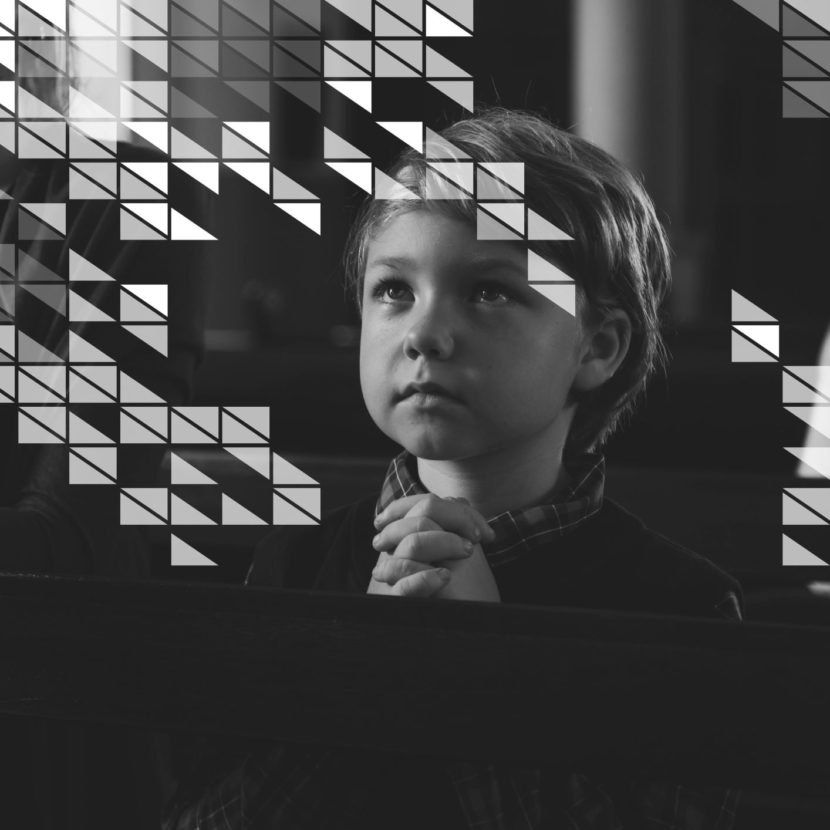
Seeing Patterns, Seeing God: The Neuroscience of Belief
What similarities do the brains of religious people share? Do these similarities span differences in lifestyle, geography, culture, and religion? I am joined by Dr. Adam Weinberger, a neuroscientist and psychologist at Georgetown University.
How Can We Find Life Within the Solar System?
Is their life in the Universe? What about within our own solar system? With the recent result of a biomarker on Venus, finding life within our solar system could be a game-changer. I go on a deep-dive with Dr. Niels Ligterink of the University of Bern, Switzerland, one of the designers of the ORIGIN Instrument, a payload that can travel to other worlds to find life. We talk about where life might be hiding in our solar system (even Pluto?!), how we know the icy moons of Jupiter have underground oceans, and how we can find potential life from the clouds of Venus to the underground oceans of Europa.
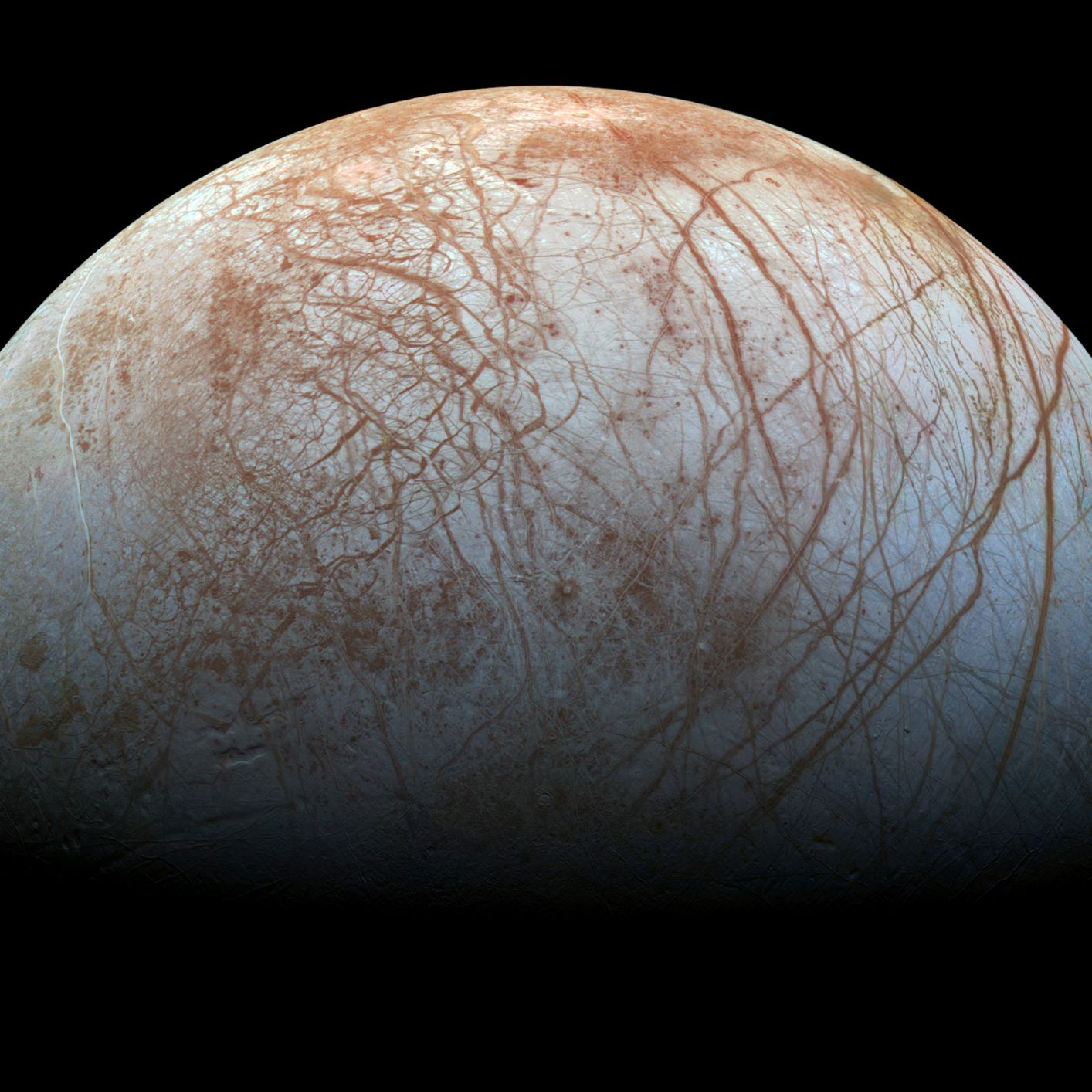

Can Online Privacy Exist Today?
Can online privacy exist today? What kind of ways does our personal data leak out when we are going about our business online, or even in person? I talk to Rob Shavell, co-founder of a privacy company called Abine.
Why We Need Nature
We all know that nature is good for us. We know to take care of the Earth, don’t pollute, be mindful of climate change. But how does being in nature affect us personally? How does it change our bodies and our minds, our biology, and our brains? Today I talk to Dr. Peter Kahn, a professor in the Department of Psychology and the School of Environmental and Forest Sciences at the University of Washington. We talk about why nature is so good for us, and how much of nature we have lost – and we don’t even realize it.
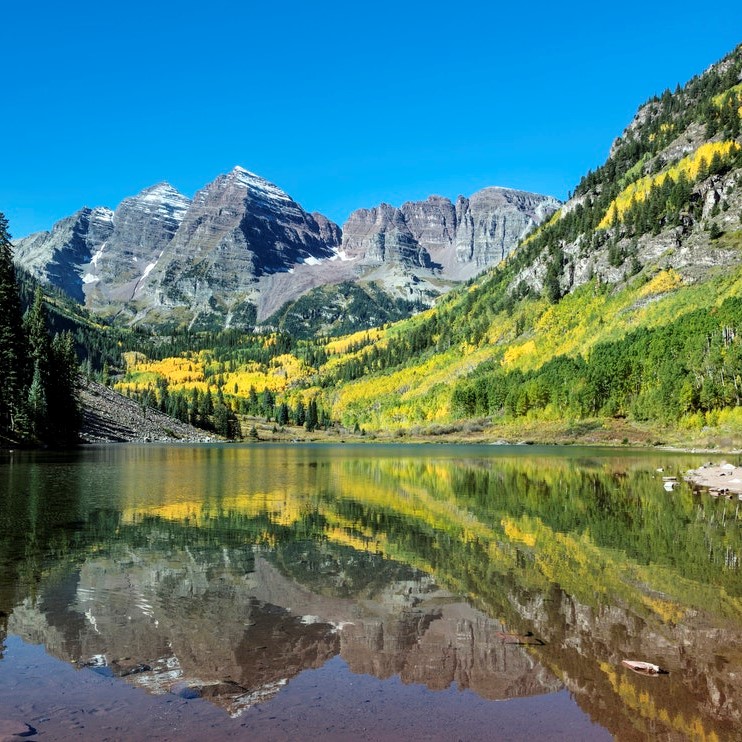
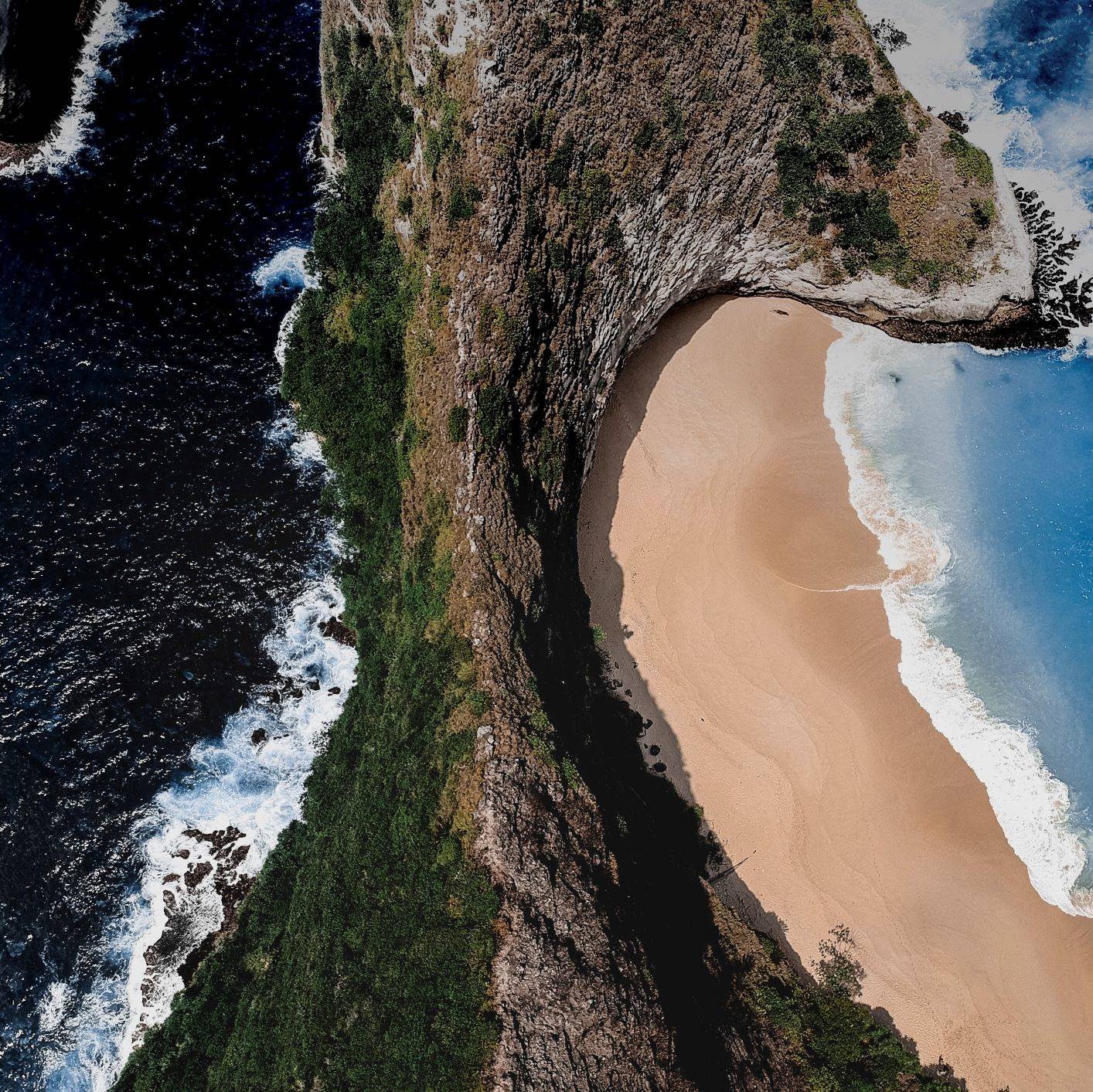
Environmental Racism and Climate Change
Environmental racism – it’s the term for the fact that communities of color are often hit harder by climate change or pollution than others. This happens both in our country and around the world. What can we do about it? Today, Dr. Gregory Simpson joins us. Gregory is a minister and has a doctorate in organic chemistry. He talks about the situation from Tuvalu to the US to his home of Jamaica, and how education is key in transforming the world.
The Science of Subjectivity: The World Your Brain Creates
Why do we see the world as subjective? How is the reality that I see different than from what you see? Does our brain lie to us? Dr. Jorge Morales joins us to talk about the science of the subjective, optical illusions, if we need to be conscious to form a subjective opinion of the world, and when our brain gets it wrong.

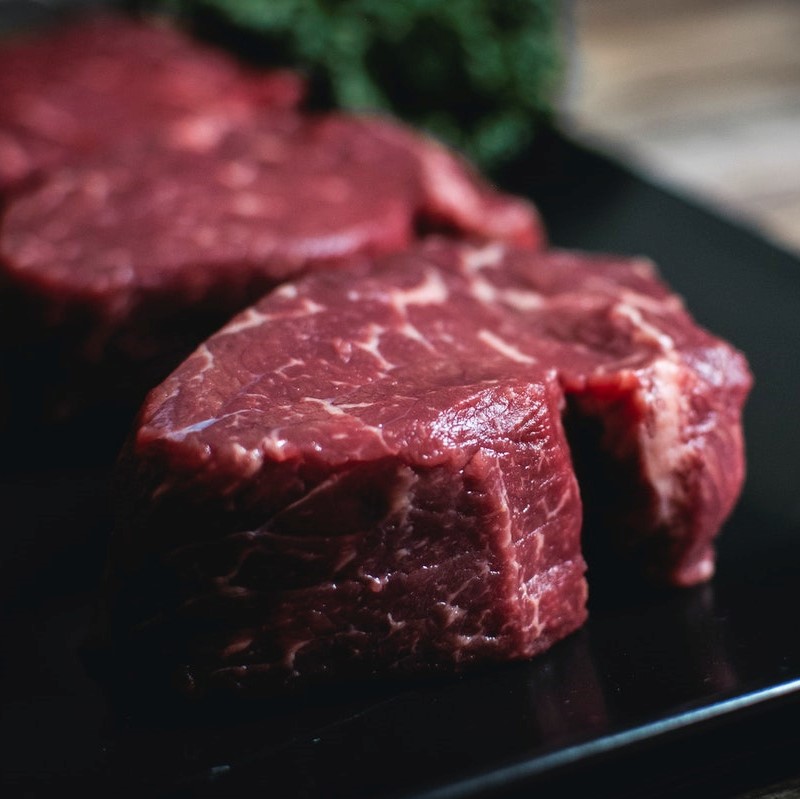
How Paleolithic is the Paleo Diet? What did our Ancestors Eat Anyways?
The appeal of the Paleo diet is to eat like our ancestors ate. But how do we know what they ate anyways? Today I talk to Dr. Briana Pobiner of the Smithsonian about how we know what our ancestors ate, how it influenced their evolution, and what it’s like to be an archaeologist.
The Coronavirus, Social Media, Online Dating and Black Lives Matter
We are living in a pressure cooker. With the coronavirus paired with the Black Lives Matter protests sweeping the country, how we deal with life and interact with each other is in flux. Part of this is social media and online community. How is online dating changing because of the coronavirus? How is social media being used in the protests? I talk to Dr. Shantel Buggs, a professor Sociology and African American Studies at Florida State University.

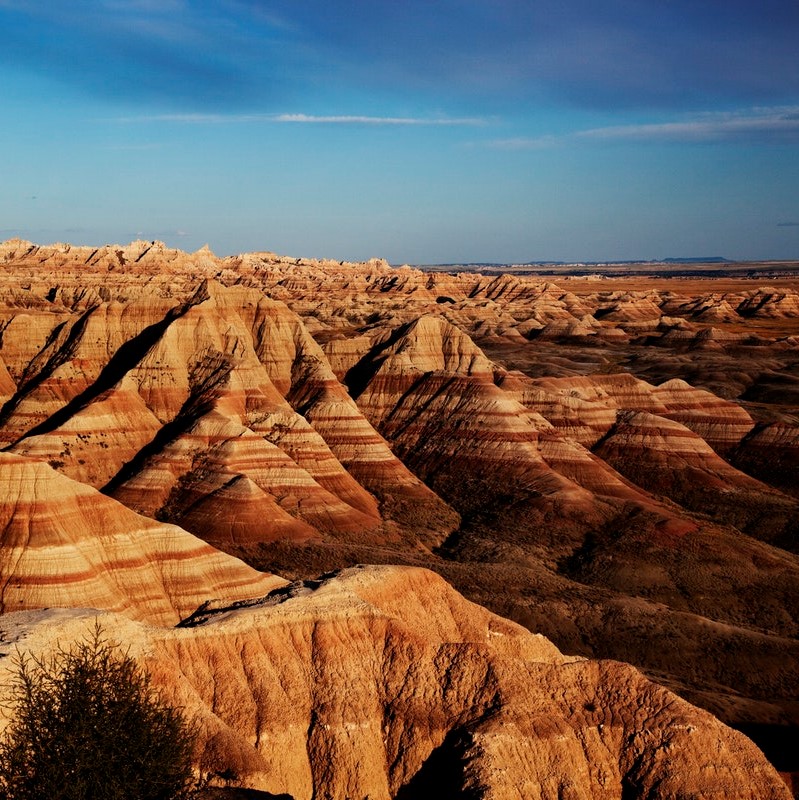
The West: On the Cusp of a MegaDrought
Could the western United States be on the cusp of a megadrought – one that could last for decades, even a century? How do scientists know this? And how can giant cities in the west, along with their businesses and population, survive a drought unlike anything the US has seen? I talk to Dr. Kasey Bolles, an interdisciplinary climate scientist, about tree rings, the Dust Bowl, and the potential of the western US entering a megadrought.
The Origins of Language May Go Much Farther Back Than We Thought
When did language originate? How can we figure that out, when brains don’t fossilize? Today I talk to neuroscientists Dr. Chris Petkov and Dr. Ben Wilson about the origins of language, and how they found out the origins of language go back much farther than previously thought.

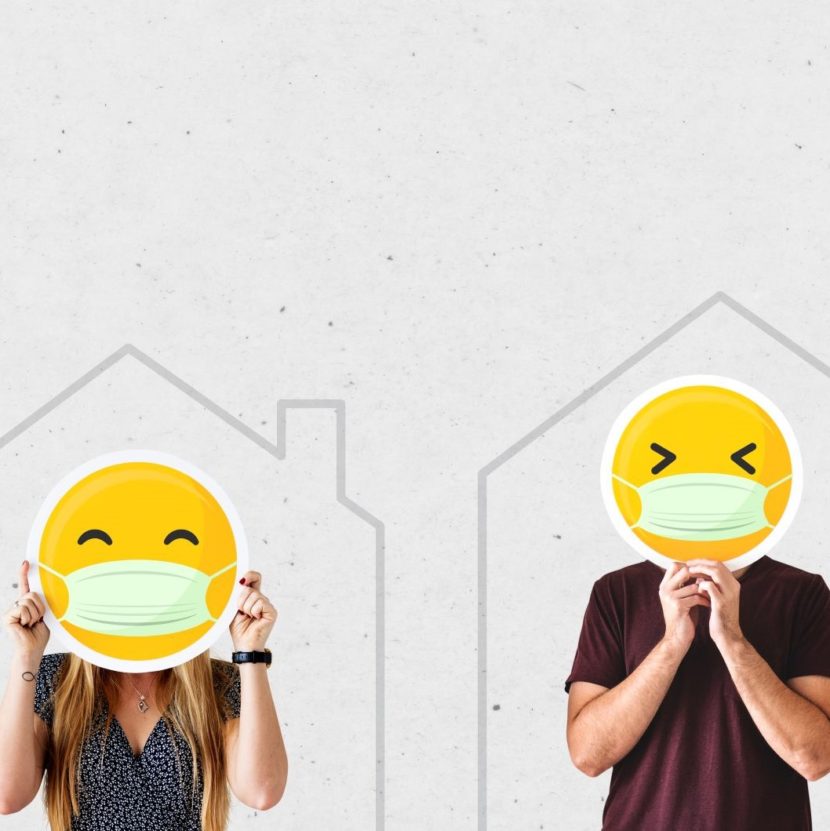
Staying Connected During COVID-19 (with Technology!)
How can we stay connected during this era of COVID-19? I talk to Eric Elnes, who was diagnosed positive with COVID-19 at the start of this outbreak. It is partially due to him that we learned that people can be asymptomatic. We discuss how he keeps his church together through technology during this era of social distancing, how technology can help us all during this time, and why we need each other.
Smart Replies Aren’t So Smart

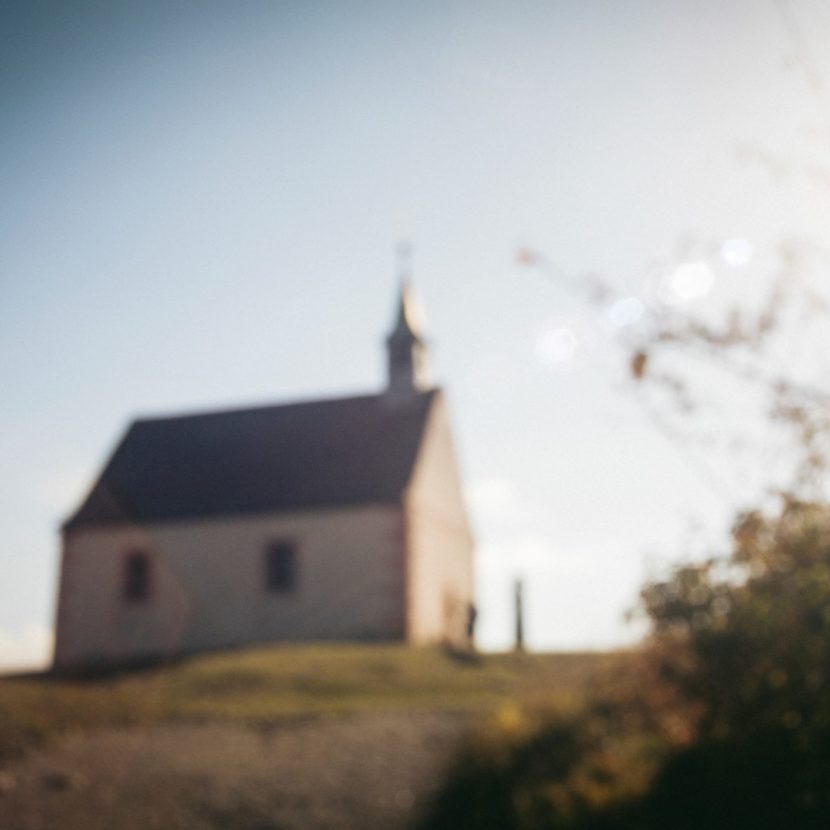
Evolution in the South
Perhaps the main reason there is a perceived conflict between religion and science is because of the way that evolution is taught in the Southern United States. Students boycott classes if their teachers bring it up. School boards have encouraged teaching so-called “Creation Science” along with evolution. So how can you teach students without alienating them? Today our guest is Dr. Amanda Glaze-Crampes, an Assistant Professor at Georgia Southern University and a specialist in evolutionary biology, who also specializes in figuring out how to bridge the gap and teach science to Evangelical Christians in the South.
Yes, It’s Possible To Feed The World
Is it possible to feed the world without over-taxing the planet? I talk to Prof. Dieter Gerten and ask how many people we can feed while staying within the planet’s boundaries.
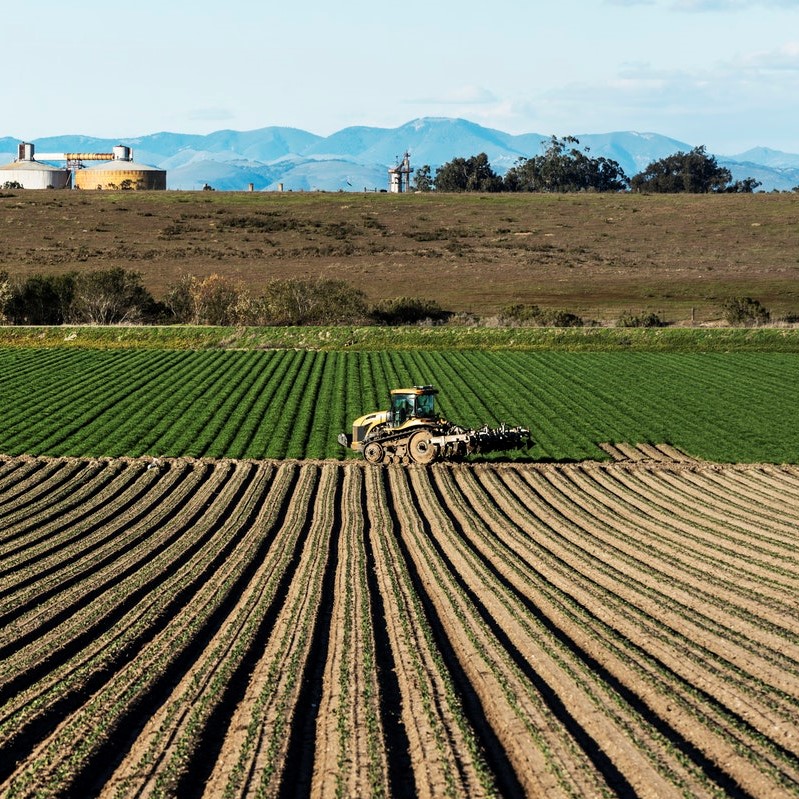
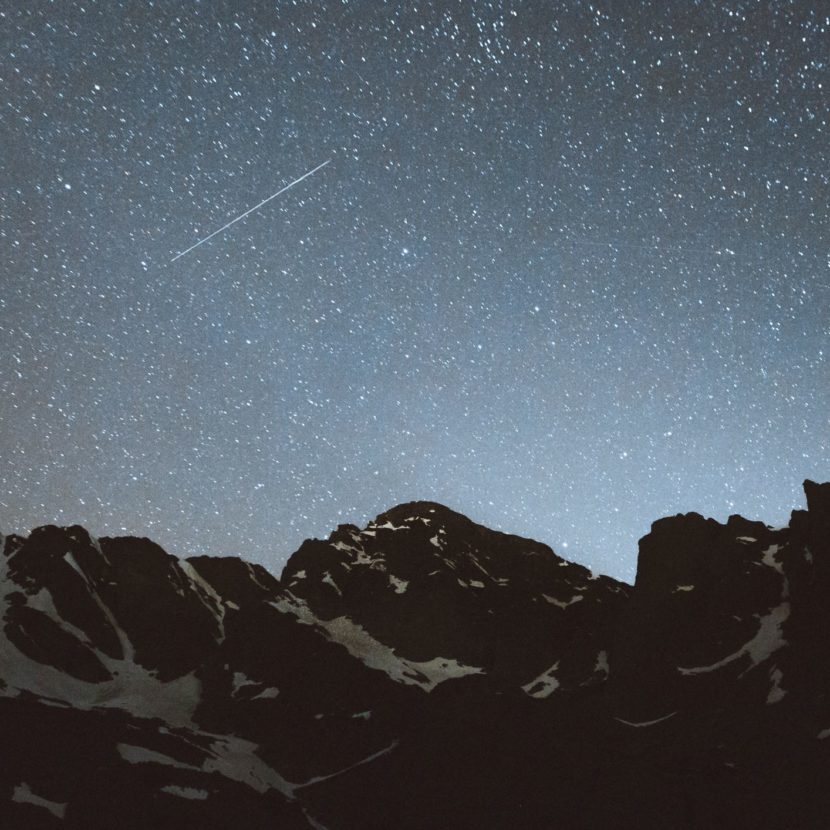
How We Found Out Meteors Are Actually Little Rocks From Space Burning Up In The Atmosphere
People didn’t always know that meteors were from space. How did they figure THAT out? From the moments of terror during historical meteor storms to clever ways that early astronomers figured out what meteors were, I take you on a journey through the history of meteor showers.
From Self-Driving Cars to Autonomous Weapons Systems – Can We Trust AI?
Can we trust machines that are making decisions for us? What if these decisions are life or death? We talk to Dr. David Danks about self-driving cars, autonomous weapons systems, and AI algorithms, and how we can trust machines that think but don’t feel.


